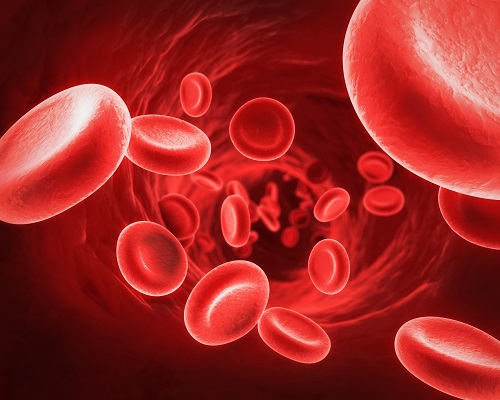Coumadin Clinic

What is Coumadin?
Coumadin (warfarin) is an anticoagulant (blood thinner) that reduces the formation of blood clots by decreasing the amount of certain substances (clotting proteins) in your blood. Blood clots can cause a stroke, heart attack, or other serious conditions if they form in the legs or lungs. Coumadin can reduce your risk of forming blood clots if you have had a heart-valve replacement or if you have an irregular, rapid heartbeat, called atrial fibrillation. It can also lower the risk of death if you’ve had a heart attack, as well as lowering your risk of having another heart attack, stroke, and having blood clots move to another part of your body.
Dosage Instructions
Your provider at Alpharetta and Cumming Internal Medicine will tell you exactly how to take Coumadin. If the instructions are not perfectly clear, ask your provider to explain the instructions again or to write down the instructions for you. Once you clearly understand the instructions, take your Coumadin exactly as instructed. Often times the dosage schedule may require taking different doses on different days of the week. This is required to “fine tune” the weekly dose of to meet you needs. You, however, should never attempt to adjust your dosage on your own.
Blood Monitoring
- How stable the blood test results have been, whether your dose of Coumadin has been changed recently, and whether other factors that may alter your dose of Coumadin have happened recently.
- If your blood tests and all other factors have been stable for some time, your blood test should be performed at least every four weeks.
- If the blood tests, Coumadin dose, or other important factors (such as diet, other medications, etc.) have changed in the past several weeks or months, then your blood test may have to be done significantly more often (one or more times per week).
Diet and Lifestyle
It is important to eat a balanced, consistent diet while taking Coumadin. Some foods can affect how Coumadin works in your body and may affect your treatment and dose. Avoid sudden large increases or decreases in your intake of foods high in vitamin K (such as broccoli, cauliflower, cabbage, brussels sprouts, kale, spinach, and other green leafy vegetables, liver, green tea, certain vitamin supplements). If you are trying to lose weight, check with your doctor before you try to go on a diet.
Other risk factors such as smoking, alcohol ingestion, contact sports, and sharp objects are all factors that require consideration. You should follow your provider’s instructions on managing risk factors that are known to increase your risk of blood clotting or bleeding. Specifically, high blood pressure can increase both your risk of stroke and bleeding and, therefore, should be carefully controlled. High cholesterol levels can increase your risk of clotting. Similarly, the use of estrogen replacement therapy in post-menopausal women or the use of oral contraceptives may increase the risk of blood clot formation.
Call to Schedule an Appointment
Alpharetta Internal Medicine Office
1380 Upper Hembree Rd.
Roswell, GA 30076
Cumming Internal Medicine Office
950 Sanders Rd
Cumming, GA 30041

